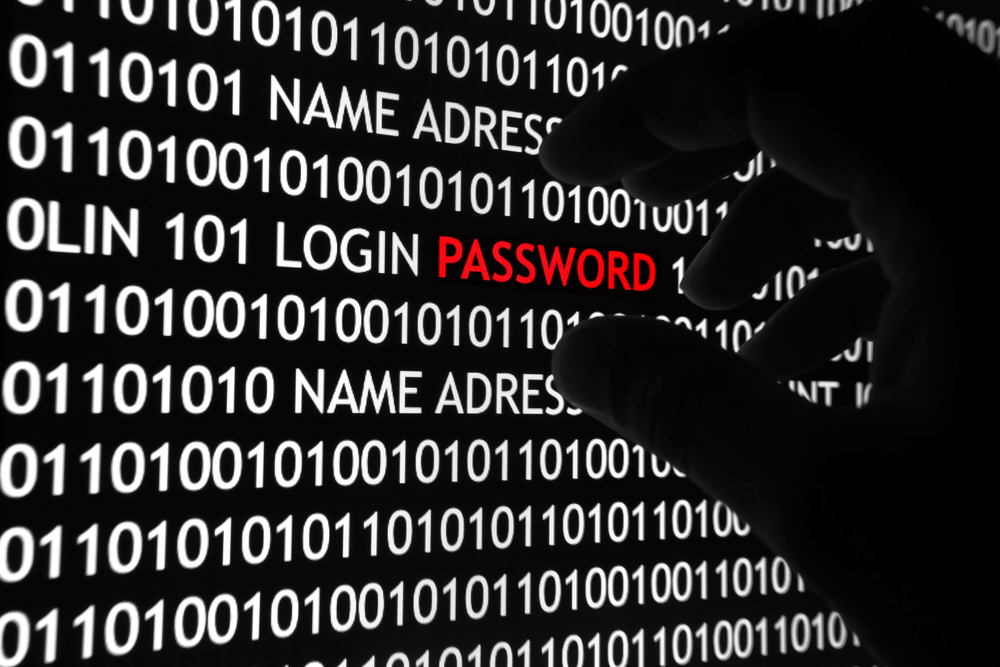Email inbox remains data trophy
Cyber-Monday, Black-Friday and Christmas offers are once again filling virtual shopping carts en masse. The correct use of passwords is particularly important here.

The government in the UK recently published the final section of its campaign: CyberAware.gov.uk has set itself the task of making citizens' online behavior more secure. The idea behind it: If you're concerned with cybersecurity and want to be better positioned in this regard, you shouldn't start with complex security systems right away. It's better to start with the communication tool you use every day and which is a strong gateway for criminals - your e-mail inbox.
When scammers crack the email account
Instagram, WhatsApp, Snapchat, Twitter - these apps can't change anything: One's email account remains the biggest trophy for criminals who want to take over digital life. But why? Don't people exchange much more personal information via the above applications? Yes, but email is still the most used "recovery" tool. Forgotten your password? Forgotten your access data? "The reset link is in your mailbox."
Fraudsters who have cracked the email account often set about swiftly changing other passwords as well, so that they can not only gain access themselves, but also lock the victim out of their accounts. In addition, the email inbox is often a treasure trove of collected data that gives a detailed picture of our lives - whether hotel reservations, flight or shopping confirmations.
With only one password the cyber super disaster threatens
For example, the Cyber Aware Report found that more than half of UK adults keep receipt slips in their inbox - a handy shopping list for fraudsters once they've taken over the email account. But far more staggering is this finding: 30% of Brits still use one password for all accounts, including email. This musketeer principle doesn't add up online: Whoever hacks this mailbox also has the master key for all the victim's other accounts.
What should you do?
Michael Veit, security expert at Sophos, recommends: "One thing first: a good password does not completely protect you from becoming a victim of cybercriminals. Many attacks are too subtle and well disguised for that. But good passwords are a simple, quick-to-implement and free way for anyone to secure their data at a high level." Sophos makes the following recommendation:
- In order to prevent a cyber-supergate as described above, it is mandatory that the email inbox is equipped with its own, reasonable password be protected.
- It also makes sense to provide each individual account with its own password.
- Use password manager so that you don't have to remember so many passwords. This tool thinks up new and eccentric passwords for every single account, will never forget them or jumble them, and simply helps to use the correct password for the designated account.
- Use two-factor authentication. This is more inconvenient to enter, but makes life more difficult for cybercriminals, because they won't get anywhere with password guesses.
Source: Sophos









